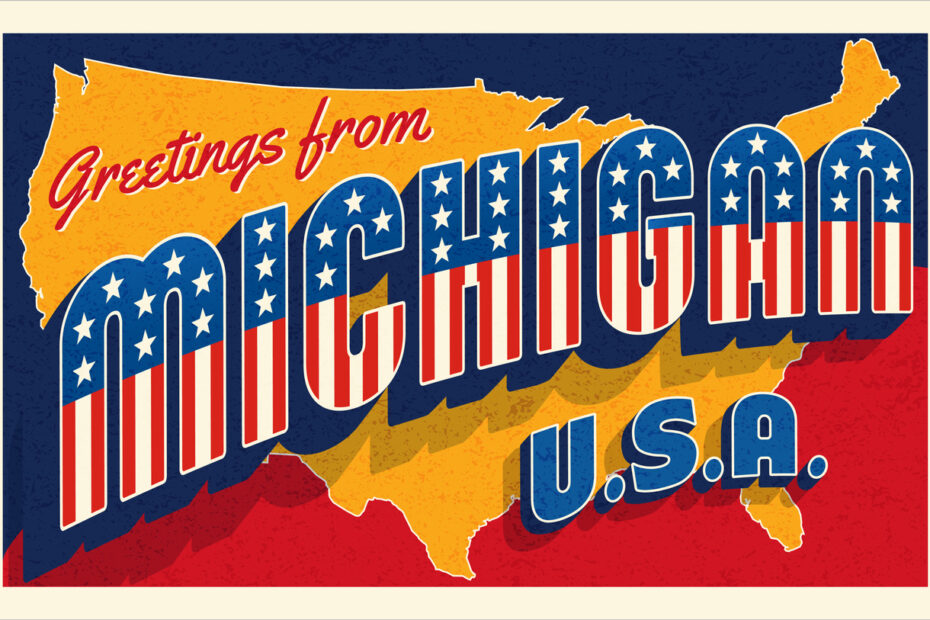Multiple studies have shown that small and mid-sized businesses that work with a Professional Employer Organization (PEO) see an average ROI of over 27%. But that number is across the industry, and not all PEOs provide the same level of service.
Maximizing your company’s ROI with a PEO starts with deciding whether to work with a local or national PEO. This choice is unique to every small business, and there is no single answer. By understanding the advantages and disadvantages, you can make a more informed decision for your business.
What is a local PEO?
A local PEO provides HR solutions to small and mid-sized businesses within the same region. These services often include payroll and tax remittance, benefits administration, and guidance for regulatory compliance issues, including FLSA and unemployment claims.
There are over 900 PEOs currently operating in the United States. Many operate nationally or at least in several states. Local PEOs operate within a single community, whether that is a city or state.
What are the advantages of a local PEO?
Local PEOs provide many advantages over their national PEO counterparts. One of these advantages is that both your business and the local PEO are members of the same community. That provides an incentive for the local PEO to give you exceptional service. It also means they experience the same challenges as you. As a member of the same community, a local PEO faces the same local employment laws and regulations. They have to overcome the same challenges. They have done so and can now show you the way.
Local PEOs also provide a more flexible service. Your company is unique, so you should get a service that is tailored to your individual business needs. National PEOs pressure clients to take a one-size-fits-all service package. Even if a client requests a modification, it may not be approved as the sales representatives have less control of their packages than a local PEO.
Both national and local PEOs can provide clients with up-to-date national employment law compliance. Unfortunately for national PEOs, that’s where their expertise stops. Local PEOs can provide your business with state and city-level employment law compliance. Small businesses often find themselves plagued by trying to adhere to changing labor laws. With a local PEO, you can receive local guidance from a local expert.
Relationships are key to PEOs. With a national PEO, you may only be able to contact a representative by chat, and they will know nothing about your business or how it operates. Local PEOs, however, can provide you with a dedicated representative who can even be on-site at your office to help you handle complex issues that may arise.
What are the disadvantages of a local PEO?
If your business plans to expand to other states, a local PEO without contacts or resources in another state may not be your best option. You will have different needs for employee benefits and regulatory assistance. Choosing a PEO that can advise you in various state laws might serve you better than a local PEO.
Besides that, local PEOs may not have the resources to help your out-of-state employees. Payroll tax laws differ from state to state, as do many other facets of HR. This could hinder your ability to remain compliant in those states and reduce your employees’ ability to provide top-notch benefits.
Finding the Best PEO for You
The best of both worlds is a local PEO that gives you the personal service you seek, coupled with the capabilities of managing compliance for employees in other states. Some local PEOs have the resources that can help you succeed outside Michigan. Those local PEOs can be the best fit for your business.
Partnering with a PEO that can meet your business needs through flexible plan offerings, personalized service, and acute knowledge of local employment laws is the way to go. You get that with a local, Michigan-based PEO.

